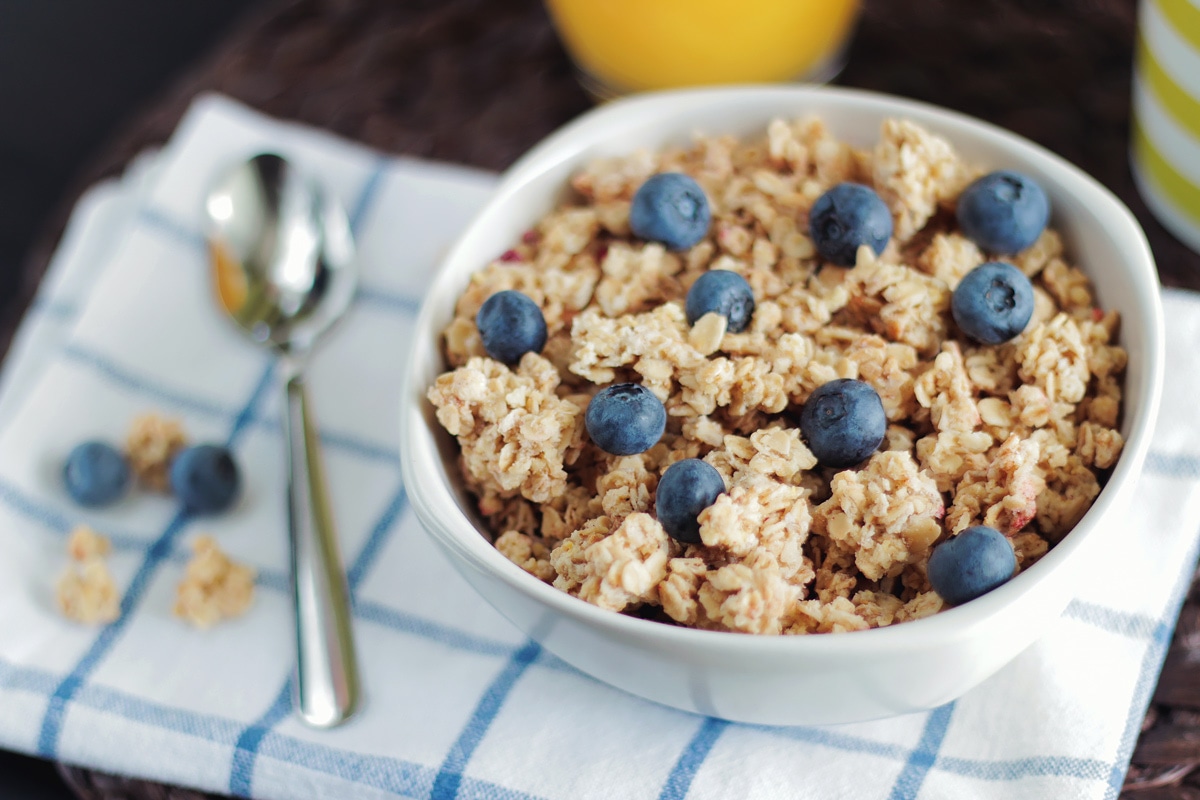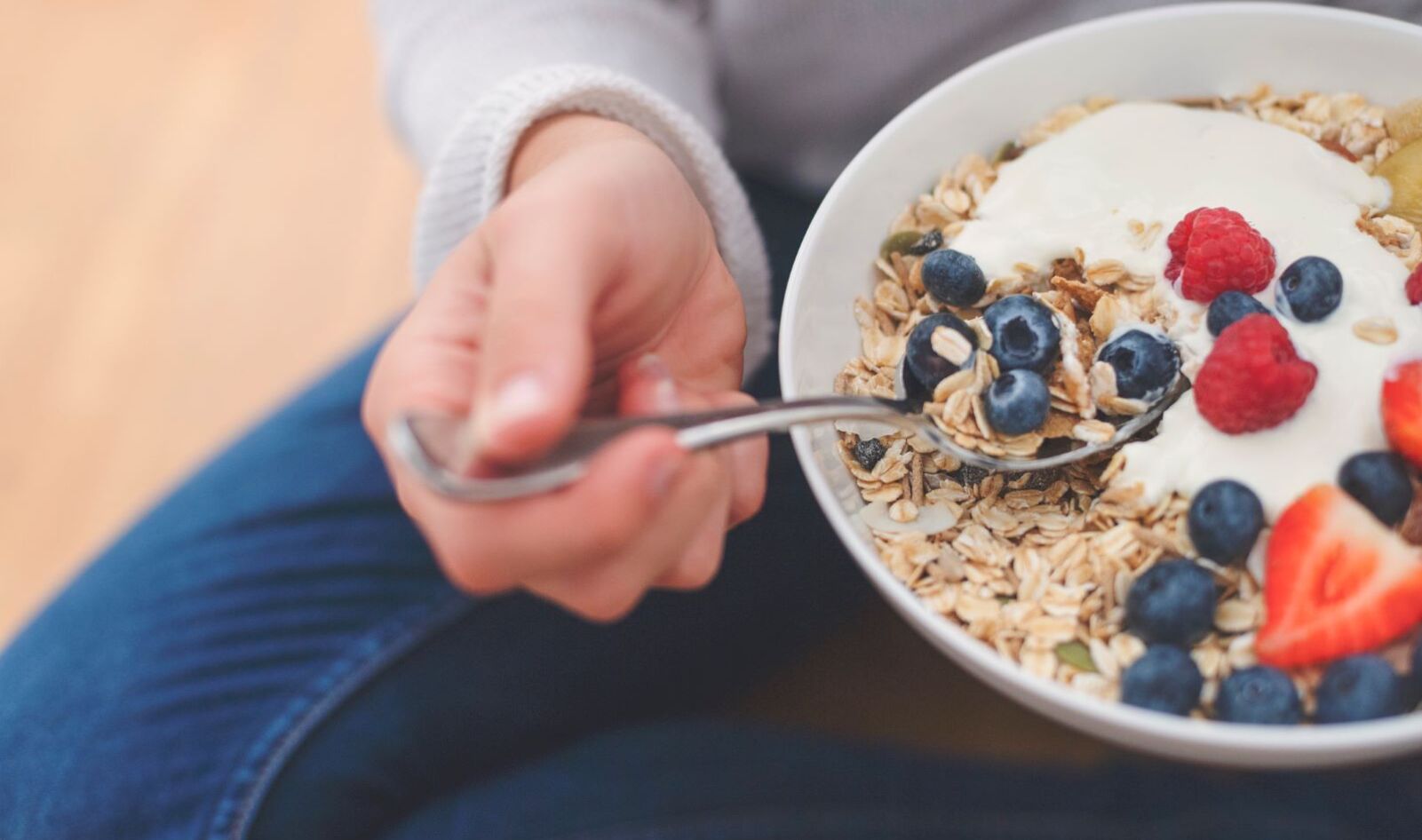Researchers have recently uncovered significant associations between carbohydrate consumption and midlife weight gain, shedding light on the importance of consuming quality carbohydrates such as whole grains and fruit in long-term weight management.
The study, published in the research journal The BMJ, revealed intriguing insights into the relationship between carbs and weight gain over 24 years.
“The findings of this study highlight the potential importance of carbohydrate quality and source for long-term weight management, especially for people with excessive body weight,” the study says.
 Adobe
Adobe
Participants involved a substantial cohort of 136,432 men and women aged 65 years or younger, enrolled in the Nurses’ Health Study, Nurses’ Health Study II, and Health Professionals Follow-Up Study.
At the outset of the study, the participants were free of various medical conditions, including diabetes, cancer, cardiovascular disease, respiratory disease, neurodegenerative disorders, gastric problems, and chronic kidney disease. They provided detailed information through questionnaires about their personal characteristics, medical history, lifestyle, and other health-related factors at the study’s commencement and every two to four years thereafter.
Benefits of whole grains for weight loss
Over the course of the study, participants experienced an average weight gain of 3.3 pounds every four years, culminating in an average weight gain of 19.4 pounds over the 24-year observation period.
The findings revealed a strong correlation between increased intake of refined grains, starchy vegetables, and sugary drinks and greater weight gain throughout midlife.
Conversely, individuals who consumed more fiber and carbohydrates from whole grains, fruit, and non-starchy vegetables experienced less weight gain.
 Adobe
Adobe
Notably, increases in glycemic index and glycemic load, which measure the effects of different foods on blood sugar levels, were positively associated with weight gain. For instance, a 100-gram daily increase in starch or added sugar corresponded to a 3.3-pound and 2-pound greater weight gain over four years, respectively.
Conversely, a 10-gram daily increase in fiber intake was linked to a 1.8-pound reduction in weight gain.
Carbohydrate intake from whole grains, resulting in 0.9 pounds less weight gain per 100 grams per day increase; fruit, resulting in 3.5 pounds less weight gain per 100 grams per day increase; and non-starchy vegetables such as broccoli, carrots, and spinach, resulting in 6.6 pounds less weight gain per 100 grams per day increase, exhibited strong associations with less weight gain.
On the other hand, increased intake from refined grains, resulting in 1.8 pounds more weight gain per 100 grams per day increase; and starchy vegetables like peas, corn, and potatoes, resulting in 5.7 pounds more weight gain per 100 grams per day increase, were associated with greater weight gain.
What are healthy carbs?
Further analyses demonstrated that substituting carbs from refined grains, starchy vegetables, and sugary drinks with equivalent servings of healthy carbs from whole grains, fruit, and non-starchy vegetables was linked to reduced weight gain. These associations were more pronounced among participants with excessive body weight, particularly among women.
 Pexels
Pexels
Researchers acknowledge certain limitations, including reliance on self-reported estimates for carbohydrate intake and weight outcomes, as well as potential errors in dietary measurement. Nevertheless, given the large sample size, repeated dietary assessments, and extended follow-up period, the findings underscore the potential significance of carbohydrate quality and source for long-term weight management, particularly for individuals with excessive body weight.
“Limiting added sugar, sugar-sweetened beverages, refined grains, and starchy vegetables in favor of whole grains, fruit, and non-starchy vegetables may support efforts to control weight,” the study concludes.
Healthy carbs reduce risk of gout
Another study published earlier this year found the benefits of healthy carbs in reducing the amount of uric acid in the blood, which is a common cause of gout. The study analyzed data from more than 7,800 participants and used advanced methods to identify different dietary patterns—particularly plant-based diets and animal-based diets—and their effects on uric acid levels.
 Unsplash
Unsplash
In this new study, researchers discovered that consuming carbohydrates and fats was positively associated with uric acid levels, even after considering other factors such as age and gender.
The study also found that plant-based foods such as legumes and fruits were linked to lower uric acid levels, while animal-based foods like meat and fish were associated with higher levels. Specifically, the results showed that the high cereal, tuber starches, and vegetable diet led to lower uric acid levels, while the high meat and fish diet resulted in higher levels.
For the latest vegan news, read:
JUMP TO ... Latest News | Recipes | Guides | Health | Subscribe









